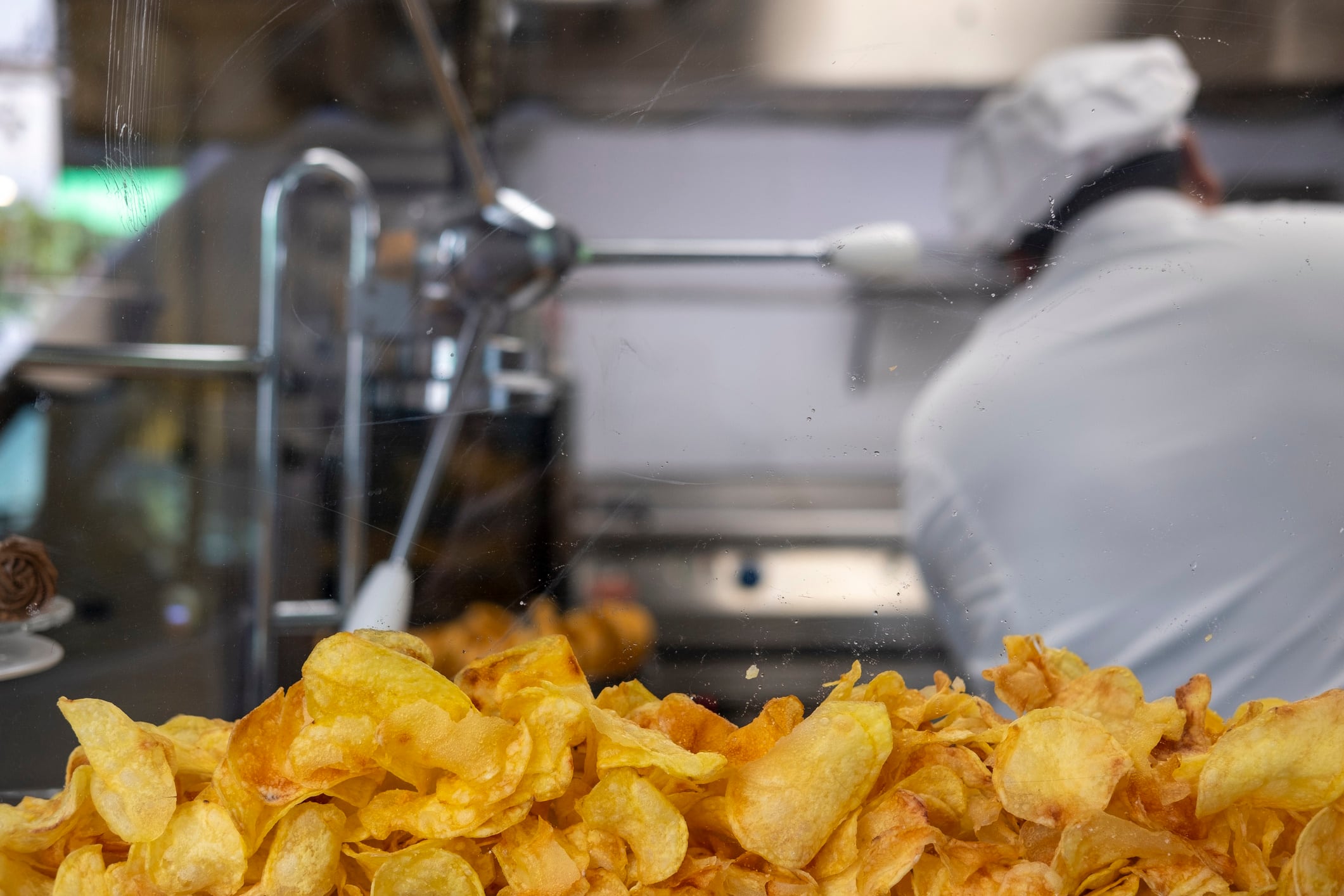PepsiCo’s Southern Cone business has quietly made history: it’s now the first region in Latin America where the company uses 100% regenerative agriculture for its sunflower oil supply.
That’s not just a milestone; it’s a signal to the global snack industry that regenerative ingredient sourcing is moving from theory to practice.
The pilot - launched in collaboration with agricultural giant Syngenta - yielded 4,000 tons of sunflower oil from farms across Buenos Aires, La Pampa, San Lui and Santa Fe.
All participating farmers applied verified regenerative practices like no-till farming, cover cropping, crop rotation, efficient irrigation and habitat development for pollinators - supported and monitored by Syngenta’s agronomists and digital tools.
“We are taking this commitment one step further: farmers who join our Sustainable Sourcing Programme receive an economic benefit by demonstrating the adoption of regenerative farming practices in their production process, which has a positive impact not only on the environment but also on their profitability,” said Mariale Álvarez, head of Sustainability & Corporate Affairs LATAM at Syngenta.
PepsiCo’s Oils Category leader for the Southern Cone and Brazil, Santiago Desmery, echoed that sense of shared responsibility.
“Companies have a great responsibility to care for and improve the way we produce food,” he said. “At PepsiCo, everything we do is driven by sustainability at its core, within the framework of pep+, our global transformation strategy that aims to create and inspire positive change on the planet and in people.”
The results speak for themselves: not only did PepsiCo receive regenerative oil, but participating growers earned a 1-2% premium over the domestic sunflower market - proof that sustainability can be good for business, not just the planet.
Traceable, tech-enabled and ready to scale

One of the programme’s most important features is its traceability and transparency - something many bakery and snack manufacturers are still struggling to implement in their own sourcing strategies. Using Syngenta’s Cropwise digital platform, farmers and buyers can measure, verify and document practices on every field, creating a clear audit trail and enabling third-party validation.
This level of accountability matters. As ESG reporting becomes more rigorous and consumers grow more sceptical of vague sustainability claims, traceable regenerative sourcing offers something rare: quantifiable impact. That’s especially relevant for snack manufacturers working to reduce Scope 3 emissions, which often originate far upstream in the supply chain.
“Regenerating soil and nature through practices that aim to leave the system better than we found it is a commitment we assume every day,” said Álvarez. “This time - together with a strategic partner like PepsiCo, with whom we share this same vision - we are taking this commitment one step further.”
Notably, the programme is also supported by Syngenta’s Agriculture Value Chain (AVC) initiative, which helps facilitate the exchange and export of sunflower oil, ensuring the commercial viability of regenerative crops. The alignment between sustainability, digital oversight and market access is what makes this model a real contender for scaling across other raw materials like corn, oats, wheat and potatoes: all staples in the snack aisle.
A blueprint worth studying

PepsiCo still faces scrutiny for its global environmental footprint - including being named one of the world’s top plastic polluters by Break Free From Plastic in 2023 - but its work with Syngenta represents a concrete, scalable solution in one of the most difficult areas to decarbonise: agriculture.
This collaboration shows how regenerative farming can be fully integrated into an industrial-scale supply chain - not as a pilot, but as a functional sourcing strategy. It ties sustainable production to ingredient quality, supply security and verifiable ESG compliance, all while offering farmers a financial incentive to stay engaged.
It’s not just corporate storytelling, it’s a working template for how bakery and snack producers can futureproof ingredient sourcing while meeting rising demands for transparency, climate responsibility and traceability.
As Sebastian Dicundo, president of Agribusiness Diorsem and a participating grower, put it: “Being part of the Sustainable Sourcing programme means more than just improving soil health and producing more sustainably. The premium we receive for each ton of sunflower produced using regenerative practices is a real and tangible incentive.”
In short, regenerative sourcing isn’t just for multinationals with billion-dollar budgets but an evolving framework that any responsible snack manufacturer can begin to adopt. The tools are in place. The platforms exist. The incentives are lining up.
If PepsiCo can do it with sunflower oil in Argentina, what’s stopping the rest of the industry?



